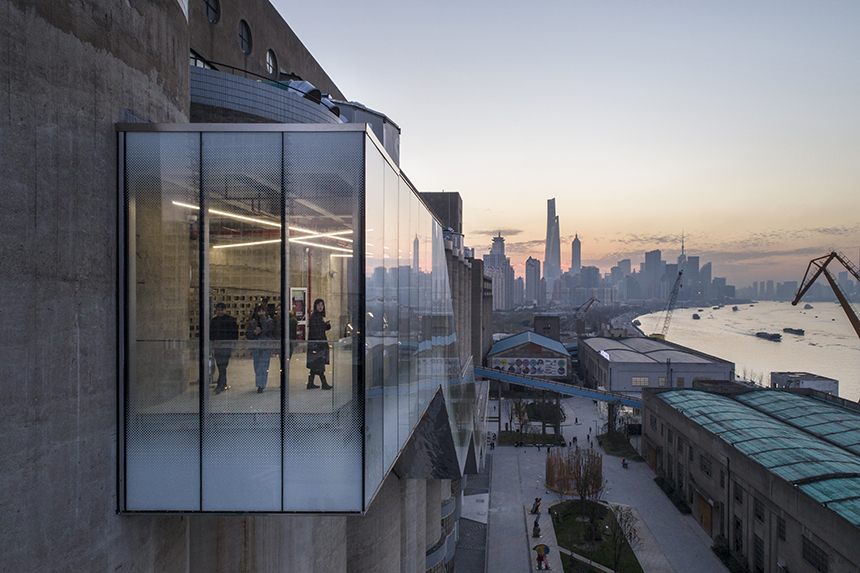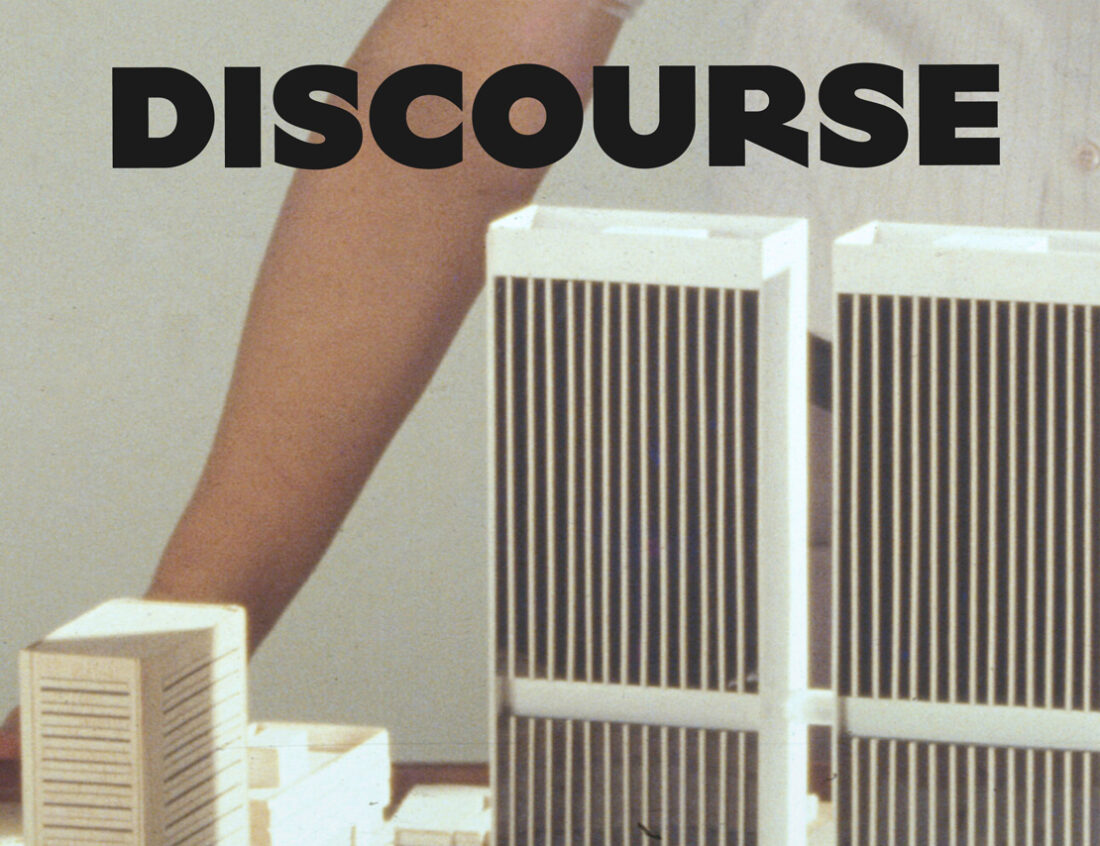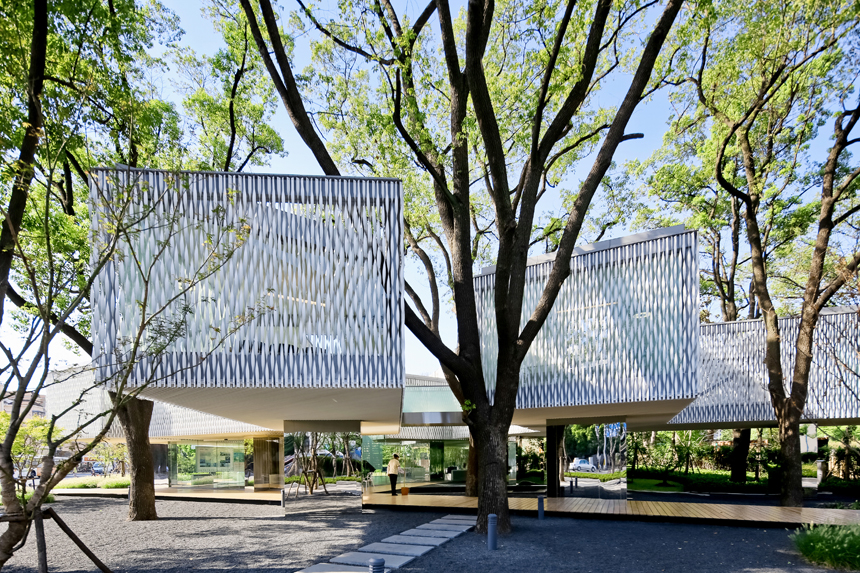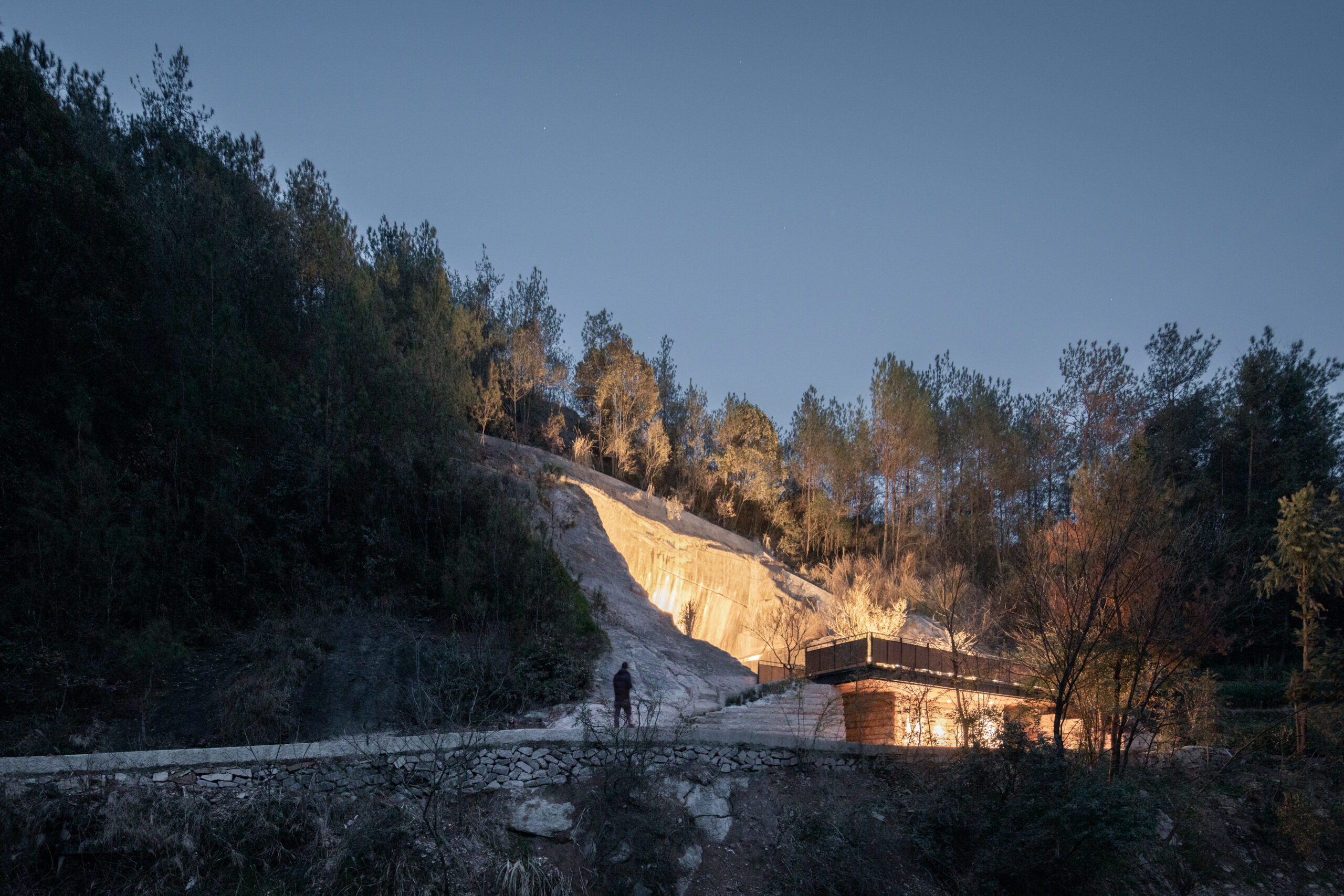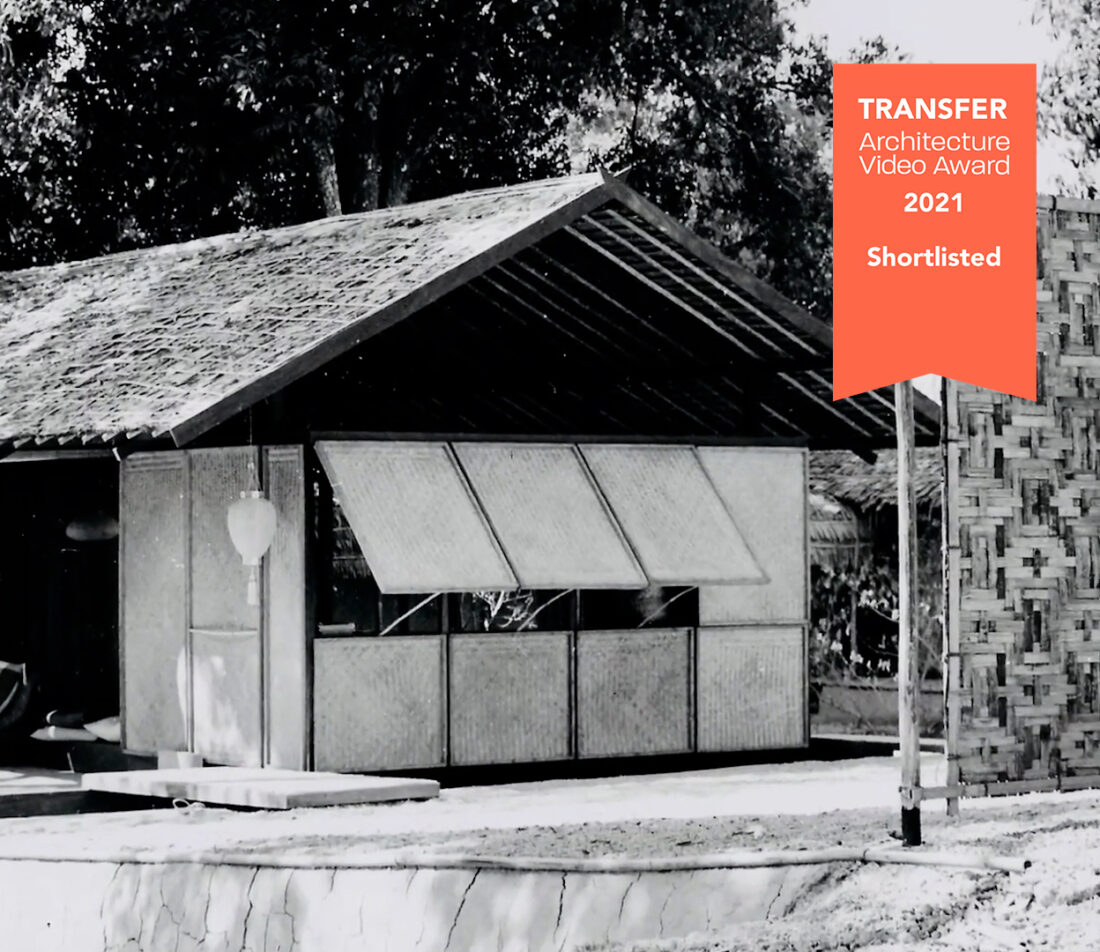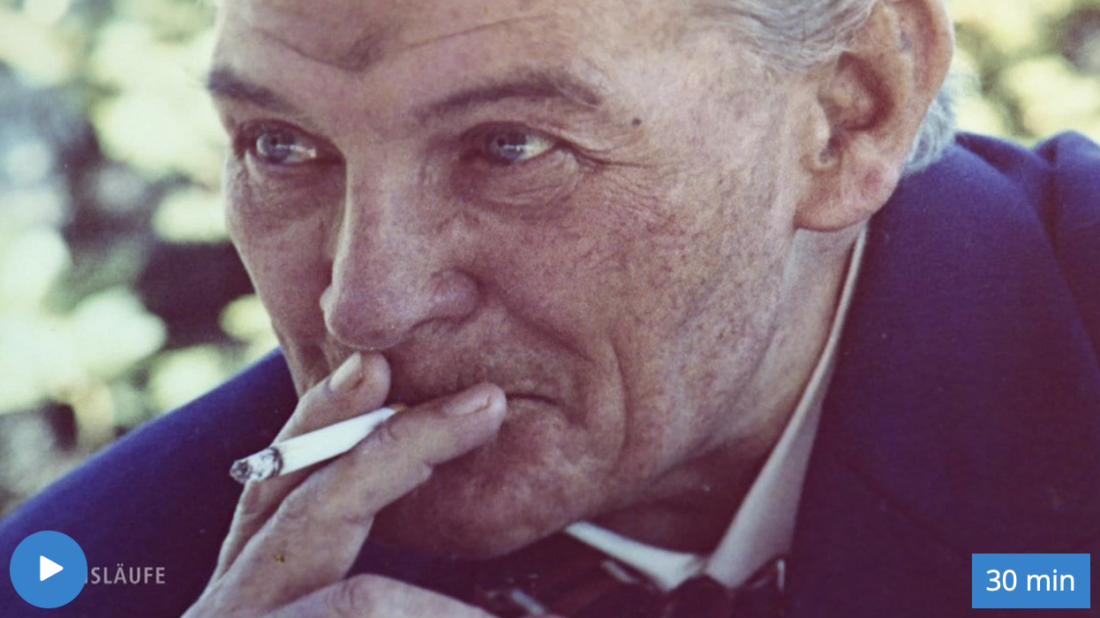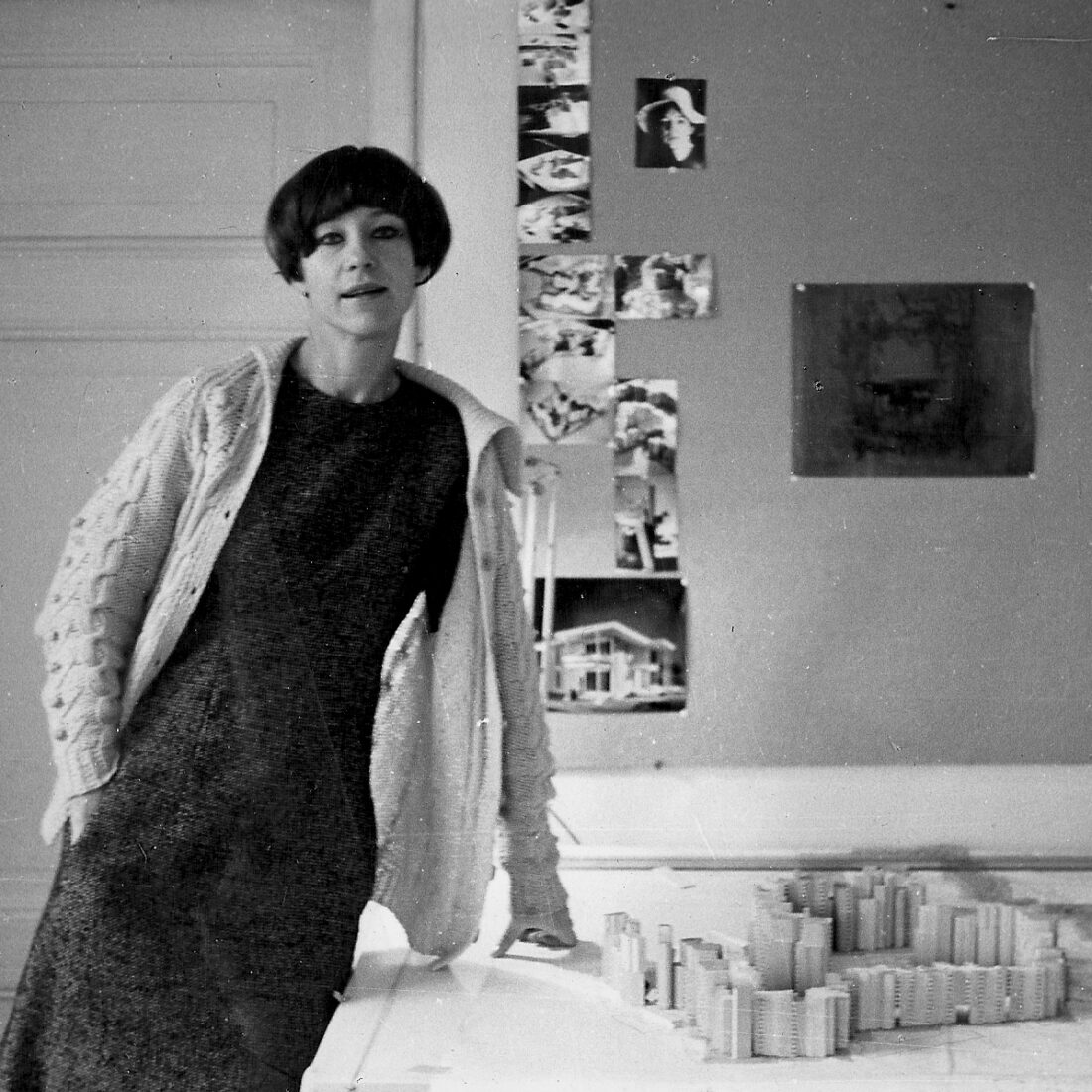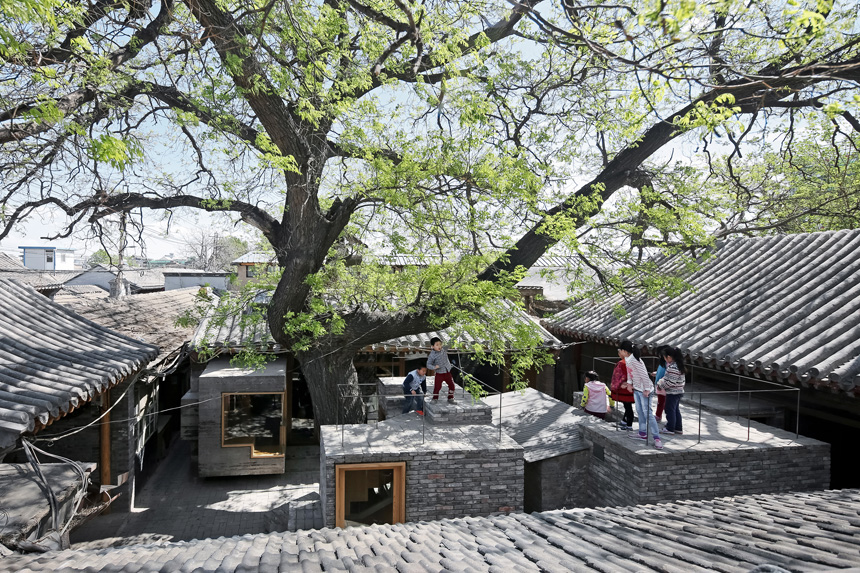COMMON LANDSCAPE
COMMON LANDSCAPE
Re-Cultivating Industrial Sites
Atelier Deshaus, Shanghai
Exhibition
1 April – 17 May 2023
Opening
Friday, 31 March 2023, 6.30pm
Speaking at the opening
Hans-Jürgen Commerell Aedes, Berlin
Dr. Eduard Kögel Researcher and Curator, Berlin
Liu Yichun Architect and Founder, Atelier Deshaus, Shanghai
Venue
Aedes Architecture Forum
Christinenstr. 18-19
10119 Berlin
narratives, archives, and knowledge transfer
Symposium dipl.-ing. arsitek:
narratives, archives, and knowledge transfer – making history accessible
15 december 2022
video documentation
Scenic Architecture
TRANSLATED TRADITIONS – PUBLIC COURTYARDS AND URBAN PLATFORMS
Scenic Architecture Office, Shanghai
Exhibition 10 December 2022 – 25 January 2023
Opening 9 December 2022, 6.30pm
Welcome
Dr. h.c. Kristin Feireiss Aedes, Berlin
Dr. Eduard Kögel Researcher and Curator, Berlin
Li Xiangning Professor and Dean, Tongji University, College of Architecture and Urban Planning, Shanghai
Zhu Xiaofeng Architect and Founder, Scenic Architecture Office, Shanghai
Venue Aedes Architecture Forum / Christinenstr. 18-19 / 10119 Berlin
Video: Jinyun Quarries
The mountainous landscape of Jinyun County in Zhejiang Province, China, has been shaped by the manual mining of natural stone. For the rugged and hard-to-access region, the Beijing architect Xu Tiantian and her team were asked to develop strategies for new uses for nine of the over 3000 small, abandoned quarries, which now provide a stage for cultural and social activities, and simultaneously strive for ecological improvements and create new economic perspectives for the rural population. The pits, provided with new functions, have become part of a public infrastructure that puts historical aspects extending back over a thousand years as well as the everyday culture heritage in a new context. The exhibition, which reached us from Beijing by the most sustainable means of transport possible, namely by train, communicates the breath-taking sense of space in the stone quarries of Jinyun in a large-scale installation. Spacious, translucent models, photos, plans, and films visualize the complex structure of the spaces carved into the rock.
urban ergonomics
URBAN ERGONOMICS. FROM STEEL PLANT TO OLYMPIA TO PUBLIC GOOD
Zhang Li / TeamMinus, Tsinghua University Beijing
In February 2022, China will host the XXIV Winter Olympic Games. The various sports events will be held in three locations; Beijing, Yanqing and Zhangjiakou. In Beijing, the games largely take place in the existing sports facilities built for the Summer Olympics in 2008. The only new project is the Big Air Shougang slope for freestyle skiing and snowboarding in Shougang Industrial Park designed by Brian Li Zhang’s design office TeamMinus at Tsinghua University in Beijing. Big Air Shougang is located at the once largest steel plants in the region. The Olympic Games will be used to sustainably transform the gigantic industrial relics for new uses. The exhibition focuses on the jumping track for the Big Air Shougang and encourages visitors to communicate ergonomically with the building through an interactive game. The office’s approach is presented in three other projects, where space for movement decisively shapes the architecture. The Jianamani Visitor Centre in Qinghai province, the underground cultural centre in the Piazza and Art Space Gujiaying Village in Yanqing and the Aranya Ideas Camp and Community Centre in Qinhuangdao. TeamMinus received the IUPA International Urban Project Award 2021, awarded by Bauwelt, Berlin and WA World Architecture, Beijing for the Big Air Shouguangtransformation project with the facility for free-style skiing and snowboarding, while the Jianamani Visitor Centre received the Zumtobel Group Award – Innovations for Sustainability and Humanity in the Built Environment back in 2017.
Film Richard Paulick
Lebensläufe
Richard Paulick – Architekt der DDR
Film von Titus Richter
Mit Natascha Paulick und Eduard Kögel
Ying Zao Hutong Metabolism+
YING-ZAO 营造: HUTONG METABOLISM+
Zhang Ke, Beijing
AEDES Architecture Forum Berlin
Exhibition: 29 May – 8 July 2021




